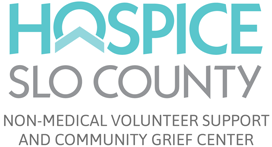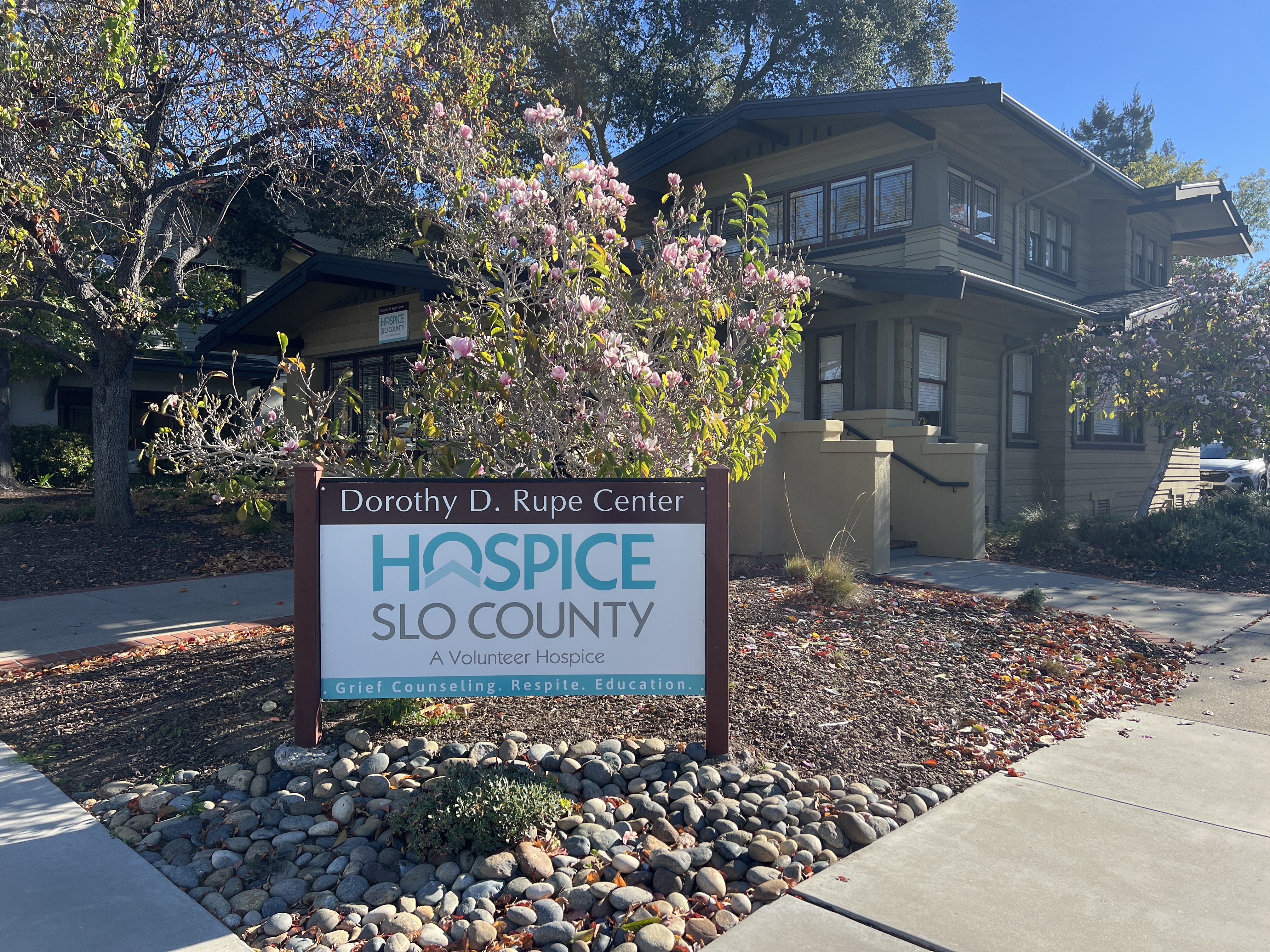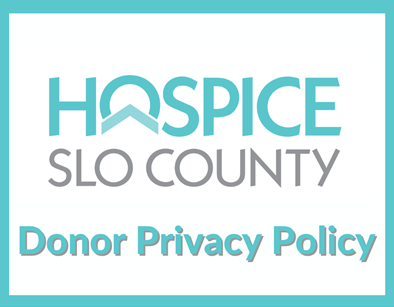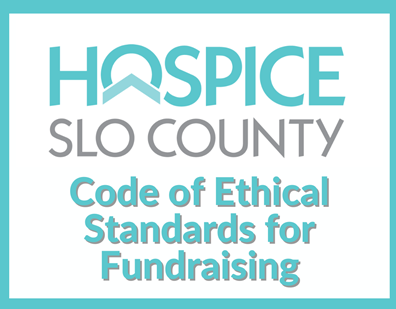Making Sense of Hospice Confusion
When most people hear the word “hospice,” they automatically assume that it’s only for people who are about to die. Did you know that concept is not accurate at all? While hospice can be specialty care for those with a terminal illness, it’s also a term that implies “hospitality,” but few currently know that.
According to the Merriam-Webster dictionary, the word “hospice” comes from French and Latin and means “lodging for travels (denoting hospitality), young persons, or the underprivileged, especially when maintained by a religious order.” The word was first used regularly in this context in 1818.
While Hospice SLO County is not a religious order, we have been the keepers of the idea of hospice as a place of nurture since 1977. We don’t provide lodging, but we do provide non-medical assistance long before a person has a terminal illness through in-home respite provided by trained community volunteers and a grief counseling program for anyone who has experienced loss due to death (or who is facing significant loss).
We continually need clarification about medical hospice because the original meaning of hospice has changed in the 207 years since it was first used to describe a type of hospitality. Because of this, people tend not to call us until they perceive they or their loved one is at the end of their life.
We are one of only 17 non-medical, volunteer hospices left in the U.S. Before 1982, all hospices were modeled on the non-medical, volunteer foundation until Medicare and other insurers decided to pay for medical-based end-of-life care.
Our community is fortunate to have this free resource available to anyone living in SLO County. Give us a call to see how we might be able to offer you “hospice” on your journey.
Learn more about the History and Philosophy of Volunteer Hospices in the United States and the difference between a Volunteer vs Medically Certified Hospice.










